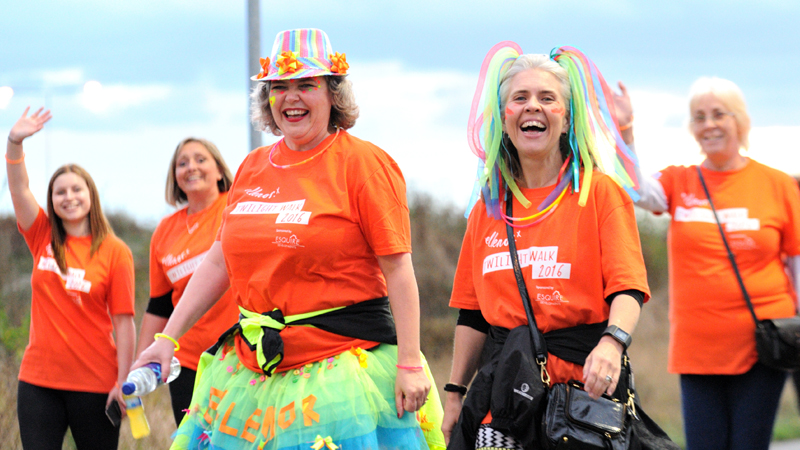The mission of Dying Matters is to break down the stigma and taboo of talking about death and dying.
To this day, that’s still applicable to much of the UK.
But do we all have the same attitudes, views and practices on death and dying?
There are of course many differences in the ways that cultures and faiths approach and mark death and dying. But at their core, feelings about dying, and our experiences of grief, are universal emotions that we all share, no matter who we are or where we live.
While a friend or family member’s death can affect every person differently, studies of grieving brains have shown that there are no scientific differences in relation to race, age or religion. We can all feel the impact of the loss, helplessness, sadness – but we may do it, and show it, in different ways.
We may all talk about death and dying in a multitude of ways, but we share a common thread.
This Dying Matters Awareness Week, we’re focusing on how different communities and cultures in the UK feel, talk about, and deal with death and dying – and what brings them together.
Because the culture of Dying Matters.















